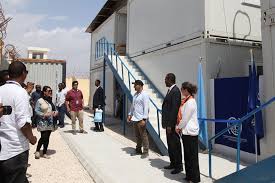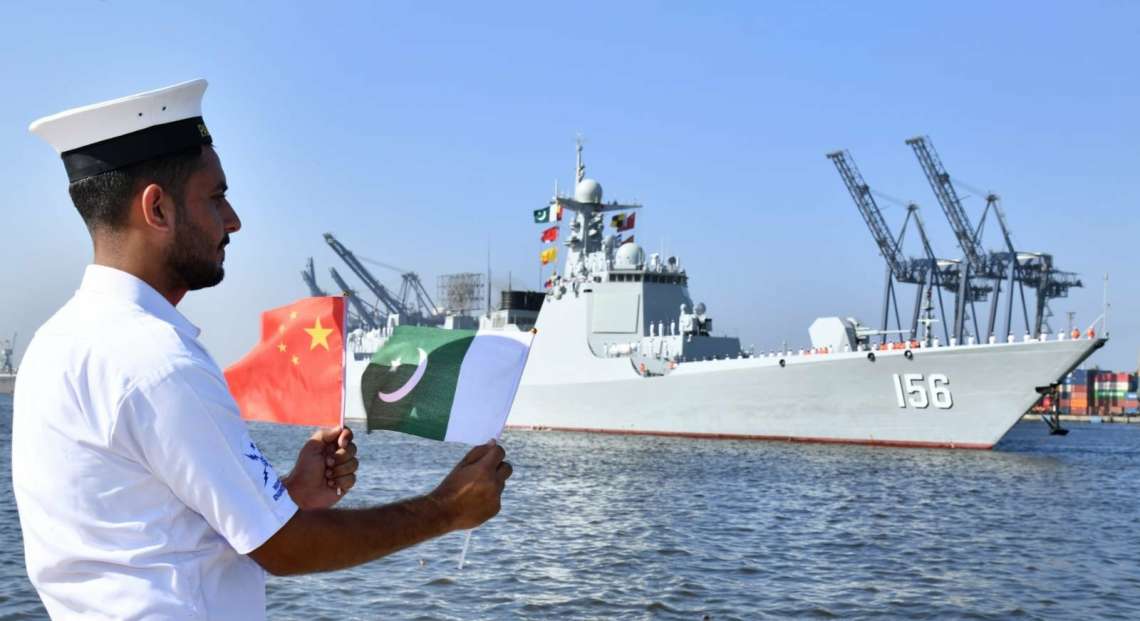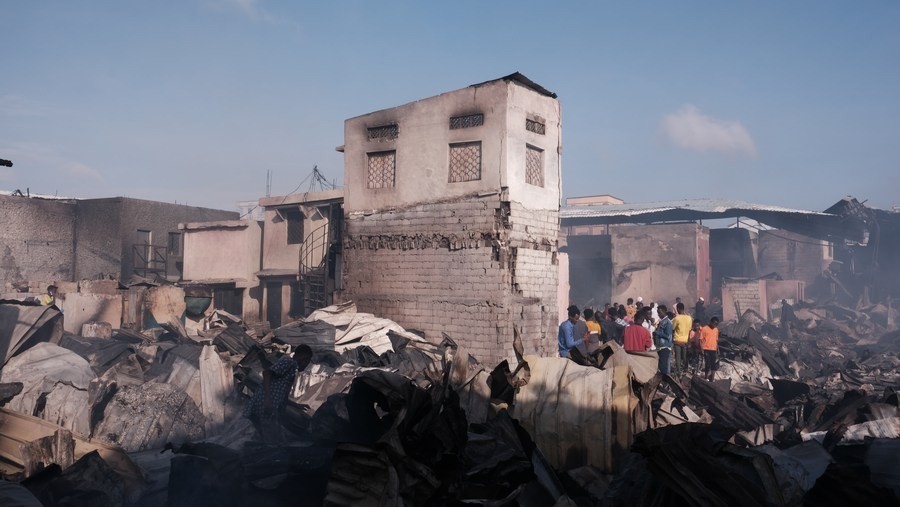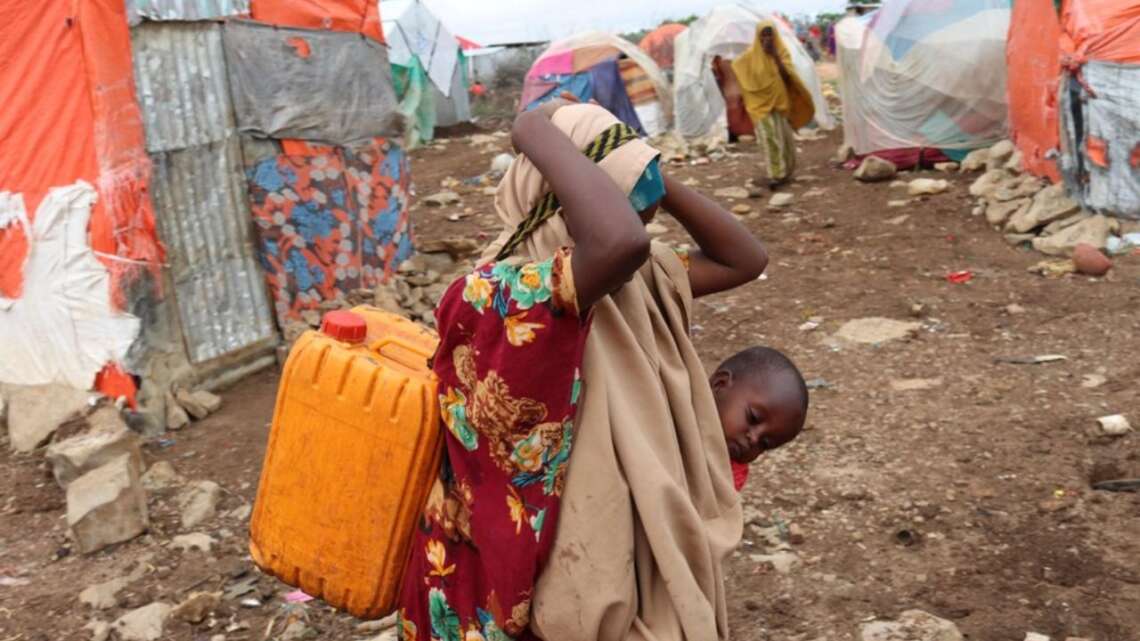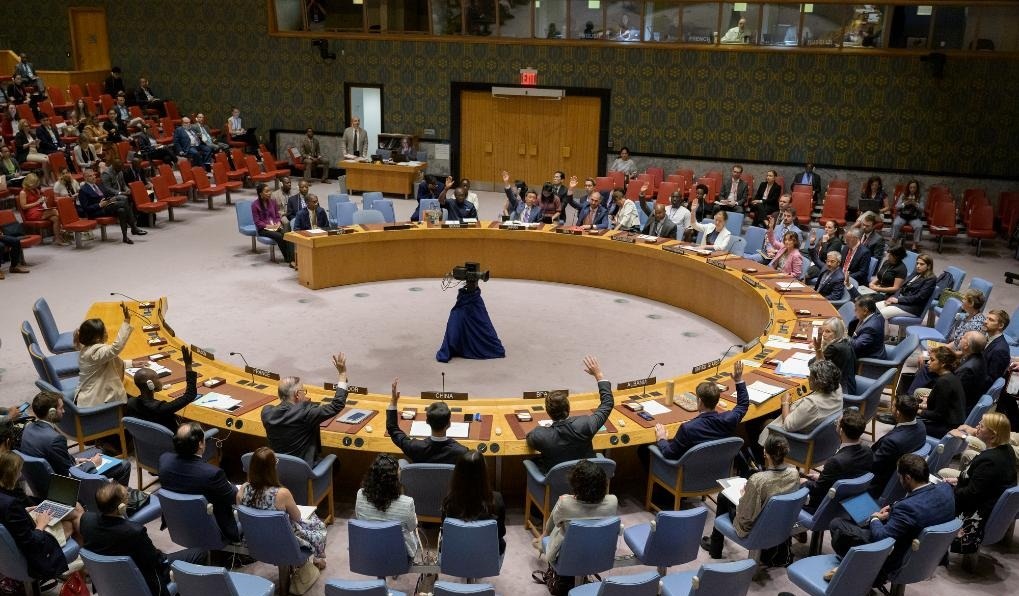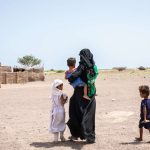The Horn of Africa is one of the regions most vulnerable to climate change, and extreme weather events are becoming increasingly frequent and intense
More than 45,000 people have been affected by flash floods in Somalia since mid-April, the UN said, with at least four people killed in the rapidly rising waters.
The Horn of Africa is one of the regions most vulnerable to climate change, and extreme weather events are becoming increasingly frequent and intense. “Since 15 April, flash floods due to heavy to moderate rains in Somalia have affected over 45,000 people and swept away four people, including two children and a woman,” said UN humanitarian agency OCHA, in a report published on April 30.
It warned the flooding came at a time when NGOs — often the frontline responders — are “facing crippling funding reductions that have severely limited their ability to respond to emerging needs.”
It detailed that roughly 6,000 people were displaced in the Middle Shabelle region after the Shabelle River burst its banks on April 29.
It said families have sought refuge in makeshift camps on higher ground but are “facing acute shortages of food, clean water, and health care.”
“The flooding swept away homes and inundated crops, disrupting livelihoods in one of Somalia’s most agriculturally vital regions,” OCHA noted.
The day before, some 9,500 people were also displaced in central Galmudug State after light to moderate rains caused flash floods, it said. The floods come as the international humanitarian community grapples with the US decision to dismantle much of USAID, the country’s main foreign development arm.
“Currently, many humanitarian organizations in areas where the flash flooding is occurring have been forced to pause, scale back, or even close their critical programs,” OCHA noted.
Intense floods hit Somalia in 2023. More than 100 people were killed and over a million were displaced after severe flooding caused by torrential rains linked to the El Nino weather pattern.
AU mission vows to intensify security in Somalia
The African Union Support and Stabilisation Mission in Somalia (AUSSOM) on Saturday pledged to work closely with the Somali government to strengthen stabilisation efforts. Acting Head of AUSSOM Sivuyile Bam, who extended congratulations to the Somali National Army (SNA) on the 65th anniversary of its founding, urged the international partners to support Somali President Hassan Sheikh Mohamud in his ongoing efforts to build a strong army capable of securing Somalia. “We must continue to strengthen SNA by providing the necessary equipment and resources needed to sustain operations against illegal forces,” Bam said in a statement issued in Mogadishu, the capital of Somalia.
Bam reaffirmed AUSSOM’s commitment to working closely with the Somali government and the SNA to protect civilians, safeguard major supply routes, and liberate areas under the control of al-Shabab militants. “As Somali Security Forces assume responsibility for the nation’s security, AUSSOM is confident of SNA’s ability to protect its citizens and contribute to national development,” Bam said.
Mohamud, in a statement, lauded the army’s achievements in the ongoing fight against terrorism and the liberation of territories from extremist groups, emphasising the firm dedication and sacrifice of the troops in defending the nation and ensuring a safer future for the next generation.
IOM opens migration response centre
The International Organization for Migration (IOM), the UN migration agency, has officially inaugurated the Migration Response Center (MRC) in Burao in Somaliland, a self-declared region of Somalia.
The IOM said the inauguration marks a significant milestone in expanding the provision of essential protection services and support to migrants on the move in the region.
Prestage Murima, IOM Somalia deputy chief of mission, said the establishment of the Burao MRC is a testament to the ongoing commitment of the IOM and its partners to addressing the needs of vulnerable migrants.
“By strengthening protection mechanisms and providing lifesaving services, we aim to ensure that no migrant is left behind,” Murima said in a statement issued in Burao.
The newly established MRC, which joins a growing network of centers in strategic migration corridors, will serve as a critical hub for protection services and voluntary return support for migrants in transit, as well as those stranded along migration routes.
According to the IOM, services provided at the center will include emergency shelter, medical assistance to vulnerable migrants, assisted voluntary return, mental health and psychosocial support, awareness raising, information sharing, and distribution of non-food items.
IOM Somalia’s Migrant Protection and Assistance Program, which oversees the MRC network across Somaliland and the broader region, continues to work with government partners and donors to expand access to protection and assistance services for migrants.


